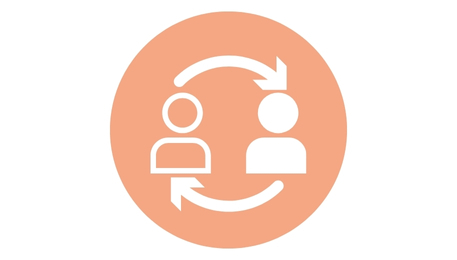Syphilis cases are on the rise in Canada

Learn more about syphilis, a sexually transmitted infection. Understand why awareness, early detection and timely treatment for syphilis are essential for the health and well-being of our communities.
Key facts

Syphilis rates
Between 2018 and 2023, infectious syphilis cases nearly doubled, rising from 6,371 cases to 12,135 cases. Congenital syphilis cases have also increased, rising from 17 cases in 2018 to 53 cases in 2023, more than three times the number in 2018.

Transmission
Syphilis can be passed on in different ways, including:
- vaginal, anal or oral sex
- sharing sex toys
- skin contact with a syphilis sore or rash
Syphilis can also be passed on from a pregnant person to their fetus during pregnancy, or to the baby during childbirth.

Reinfection
Even after successful treatment, you can get syphilis again if you have sexual contact with someone who's infected and either:
- hasn't been treated
- hasn't completed their treatment
Regular testing and safer sex practices are important to prevent reinfection.

Treatment
Antibiotics can cure syphilis, and are usually given by injection. Early treatment is key to avoiding long-term health problems. Post-treatment follow-up tests help to ensure the infection is completely clear.

Symptoms
Syphilis symptoms can be subtle and easily missed. The infection has 4 stages, each with different signs and symptoms. It can often look like other infections, earning it the nickname "the great imitator." Regular testing is crucial for knowing if you have syphilis.

Testing
Testing for syphilis can be done:
- through a blood test
- by swabbing a syphilis sore
For testing or inquiries about syphilis and other sexually transmitted infections, you can reach out to:
- your healthcare provider
- a sexual health clinic
- your local public health unit
Learn more:
- Where to get tested (CATIE)
- How often should I get tested (Action Canada)

Syphilis in pregnancy
It's possible to get syphilis while pregnant. Syphilis infection in pregnancy can lead to congenital syphilis, which occurs when syphilis is passed to a fetus during pregnancy. Congenital syphilis is also on the rise in Canada.
Awareness resources
Resources are available to support you in raising awareness about syphilis within your communities. These include educational posters, tip sheets, social media materials, and practical tools for syphilis management in clinical settings.
Resources for health professionals
Resources and tools to support health professionals with syphilis management in their practices.
Download the CDN STBBI Guidelines app
Get the most up-to-date recommendations for STBBI management on your mobile device.
Available from:
Video resources
Additional resources
- Infectious syphilis and congenital syphilis in Canada, 2023
- Infectious syphilis and congenital syphilis in Canada, 2022
- Infectious syphilis outbreaks and re-emergence of congenital syphilis in Canada: Public health risk profile
- Syphilis in Indigenous Communities (sac-isc.gc.ca)
- Chlamydia, gonorrhea and infectious syphilis in Canada: 2021 surveillance data update
- Booklet: Sexually Transmitted Infections

